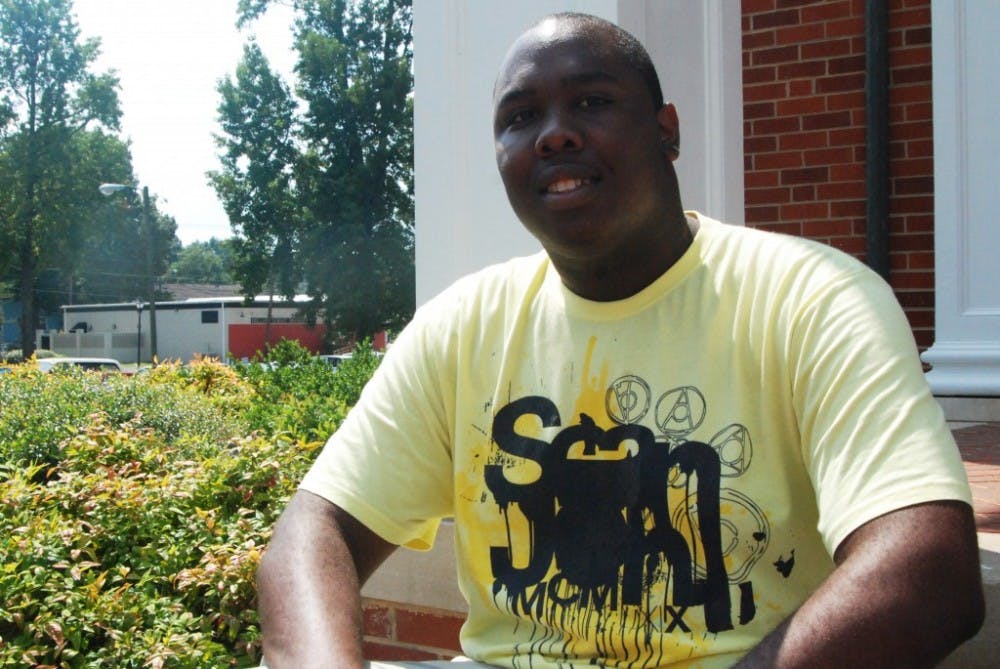During New Student Convocation each year, Smith Jackson, vice president and dean of Student Life, selects four new students to hilight. By describing their accomplishments, challenges and future goals, Jackson unifies the incoming class. Jackson said there are more than four outstanding students in the class of 2016, but these represent what it means to be an Elon University student.
In this four part online series, read about each of this year's honored students. On Sept. 5, be sure to check the print edition for an in-depth story about Jackson's selection process, the history of the tradition and more about those chosen to represent Elon.
Tristan Alexander
Hometown: Brooklyn, New York
Q: You're from New York, so you must feel far from home. Do you have siblings in Brooklyn?
A: It’s far away from home, I’m just starting to realize. I have two sisters and two brothers, I’m the middle child. My sister went to college, my brother went to school in the city. Technically speaking, I am a first generation college student, because from what I know my mom didn’t finish college, my sister didn’t finish college and my brother dropped out. So it's really important to me that I'm here.
Q: That's a great accomplishment, they must be proud of you. What do you want to study here?
A: I’m planning to major in Psychology and minor in biology and child development because I’m going to be a child psychologist.
Q: How did you become interested in the field?
A: For one, I’ve always been questioning how the brain works and why people do what they do. But there is a story that really touched me and made me want to go into the field. Long story short, a girl that I know was raped by her step father and she was only six at the time that it happened. Now she is really messed up, and will have to take medication basically for the rest of her life. It kind of touched me because I do like kids, and I really wonder ‘what do they think of that, now that that has happened.’
Q: You have lived in Trinidad, right? What was that like?
A: I was born here and then I went down there, but then came back for school. From what I remember, living in Trinidad was not easy, it was rough. We didn’t have the necessities to live as we do now in the United States. I remember I didn’t have shoes to walk to school, and the education system wasn’t that good.
Q: What was the transition like?
A: I came to the United States for second grade. They tried to hold me back a year. It was different, because a lot of the kids recognized the accent, and it was kind of like, it was hard at first. As I got adjusted to hanging out with other kids, I made friends. Some of them still made fun of me for my accent, but now people praise me for my accent because it's so different, and now I’ve grown to love it.
To learn more about Tristan, pick up next week's edition of The Pendulum newspaper.


